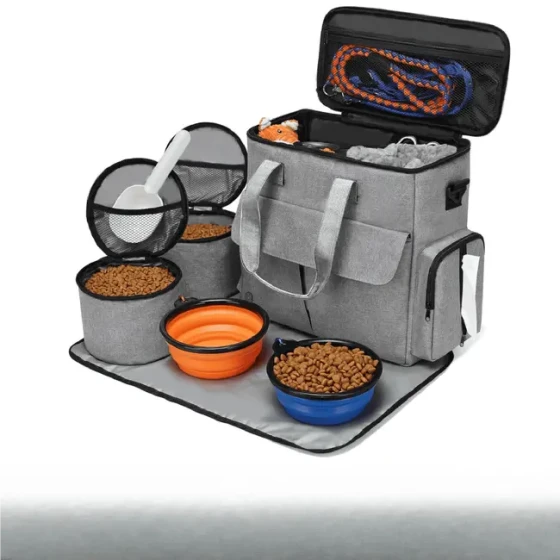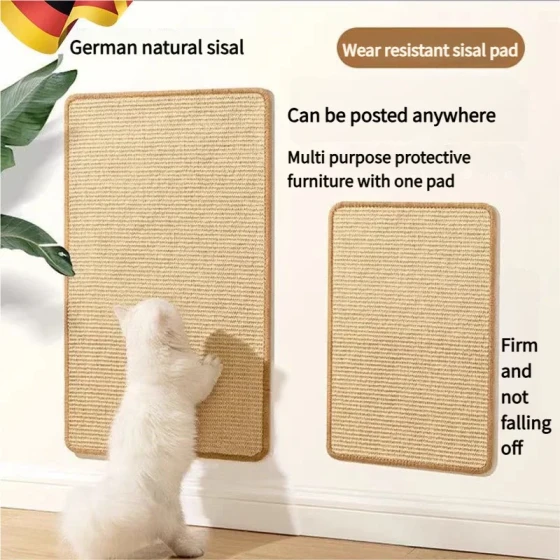Methods to Discipline Cats When They Make Mistakes

Himalayan Cat
The first rule is to immediately criticize on the spot. When it does something it shouldn't, you should immediately say "No," "Hey" loudly to scold it. Of course, cats do not stop because they understand the owner's words, but because they are frightened by the loud noise and stop what they're doing. If this is done repeatedly, the cat will slowly feel that doing such things results in loud scolding, which is too troublesome, so it will stop doing it.
Taking the cat to the scene of the “crime” to lecture it after it has done something wrong is completely useless. Cats are forgetful animals, and even if they are scolded for the previous behavior, they will not understand why they are being scolded. It is also important to praise cats fully when they behave well.
The second rule is to educate patiently. This does not mean you criticize today and allow it tomorrow, but rather always criticize patiently with the same attitude. If a person gives up halfway, all previous efforts will be wasted. As a result, the cat will become complacent.
The third rule is to absolutely never use physical punishment. If you casually hit a cat, it will develop fear of its owner, leading to a submissive character. Since a cat's body is much smaller than a person's, hitting it can easily cause injury.
The fourth rule is to greatly praise it when it behaves well. Although cats do not understand the owner's words, they clearly distinguish between the sound of scolding and the sound of praise. When the cat is praised, its mood improves, thereby gradually enhancing the effect of training.
Of course, in this case, immediate praise on the spot rather than afterward is very important. (Source:PetsZone)





